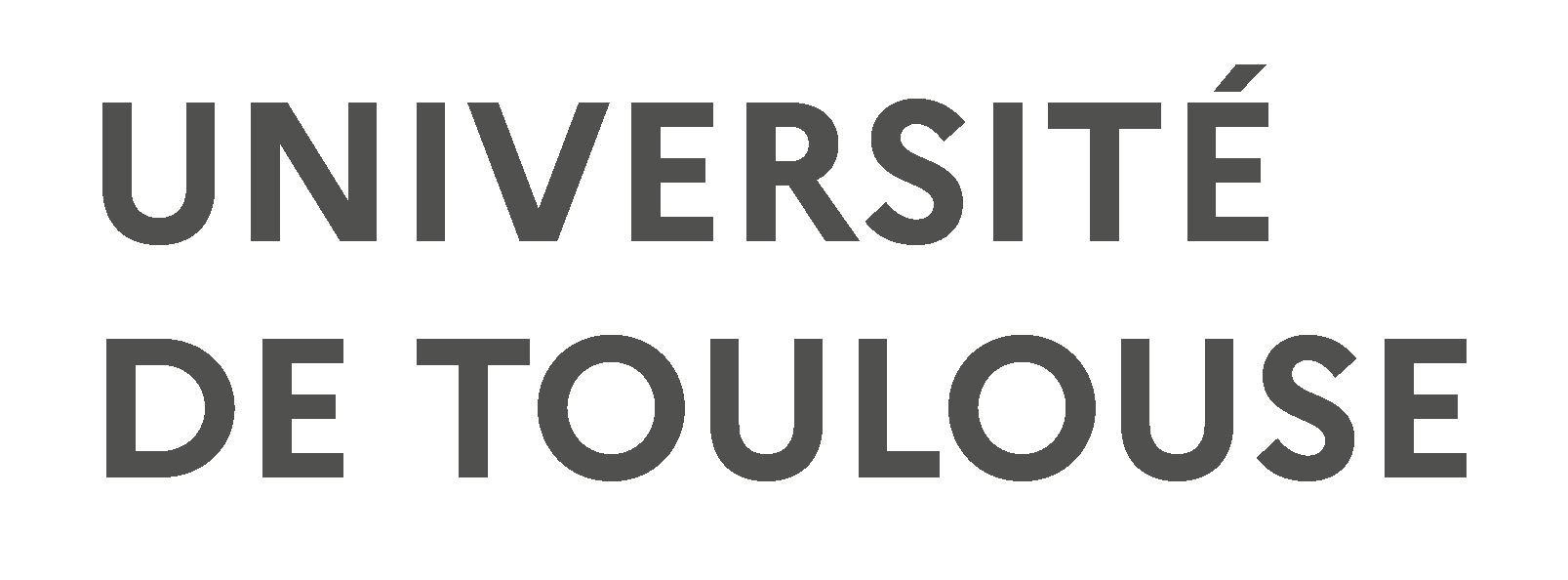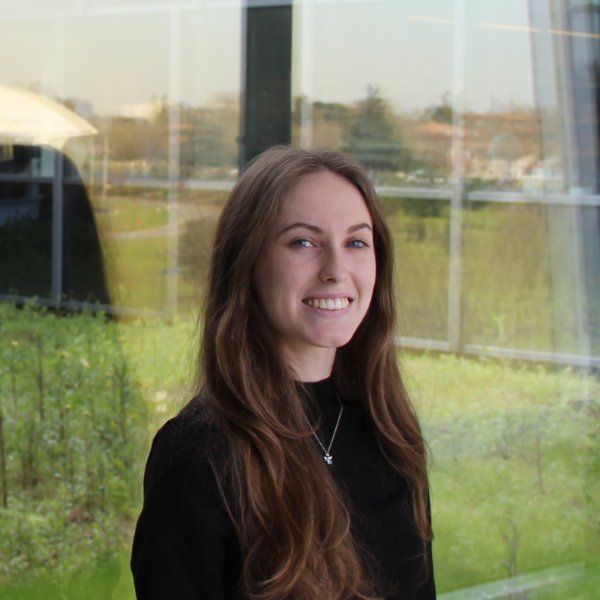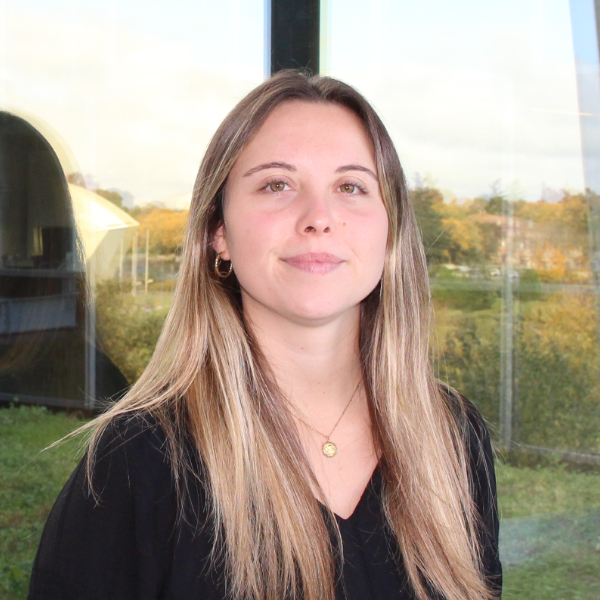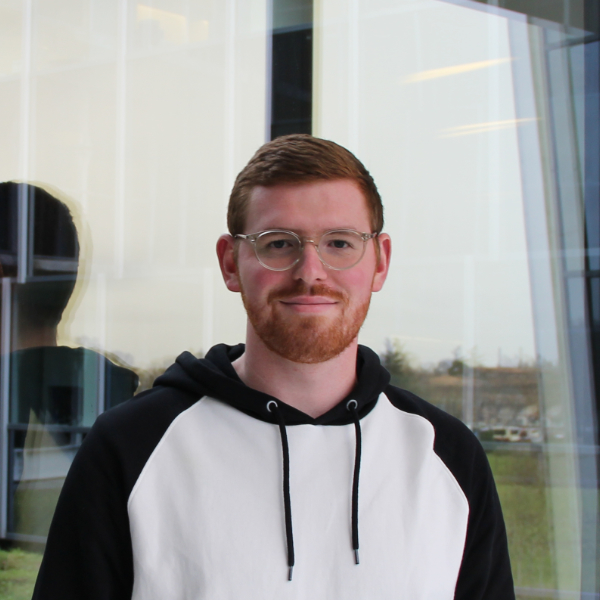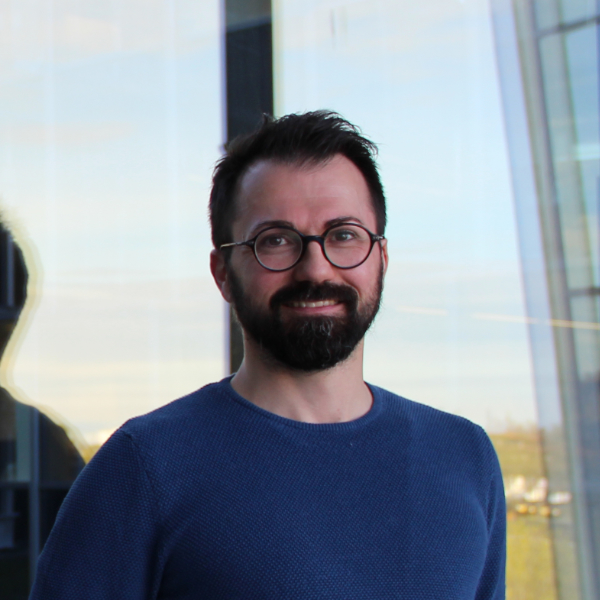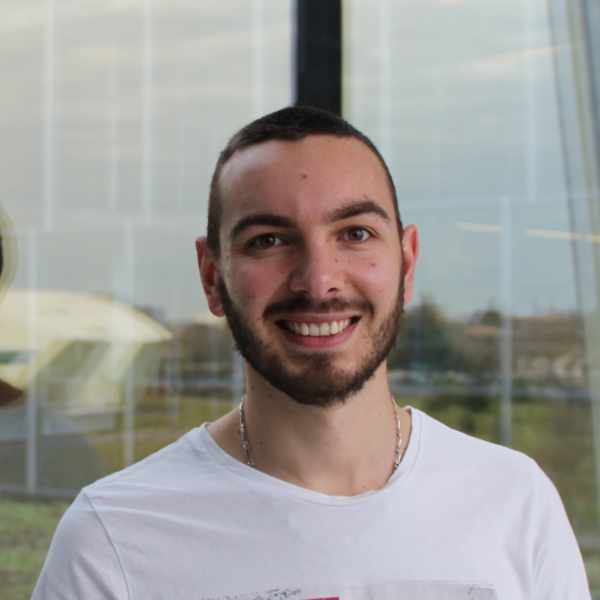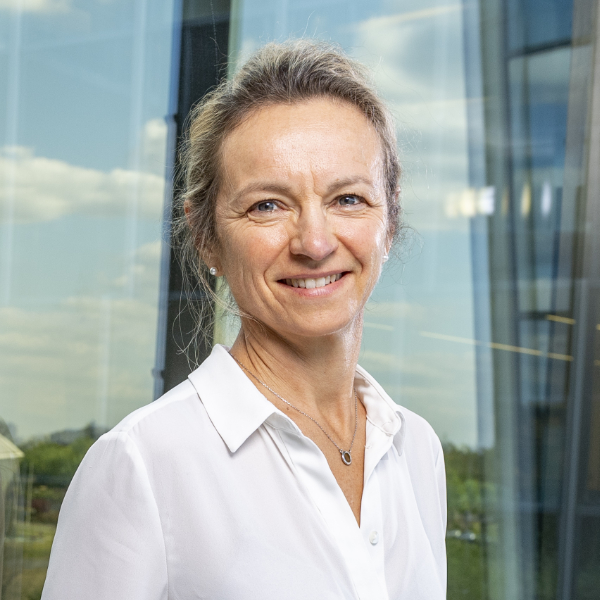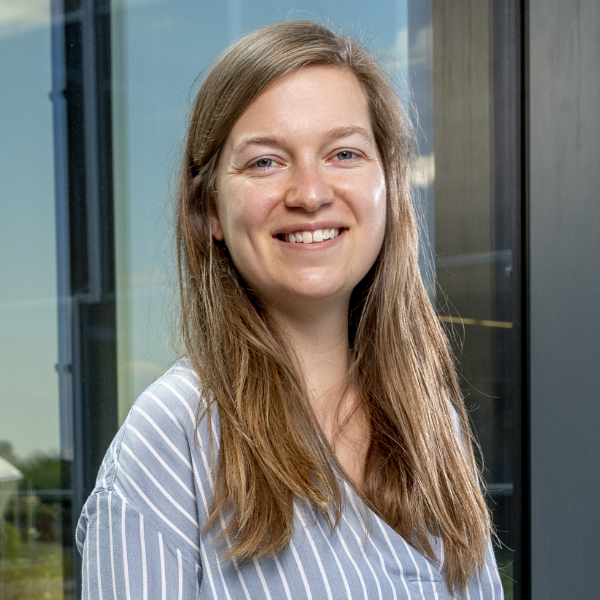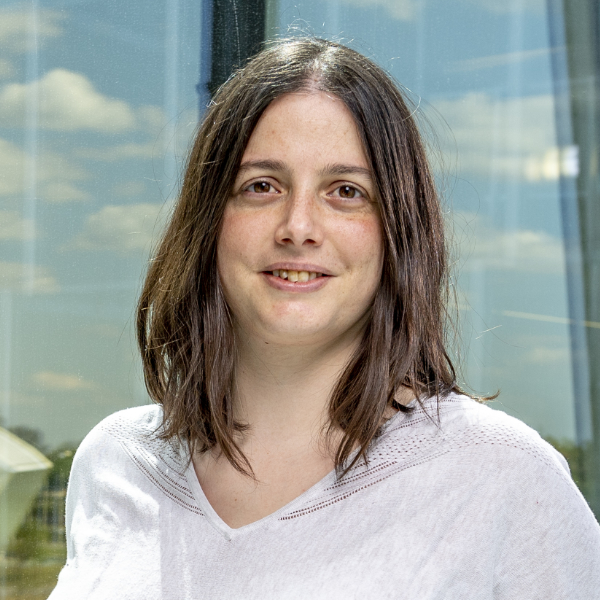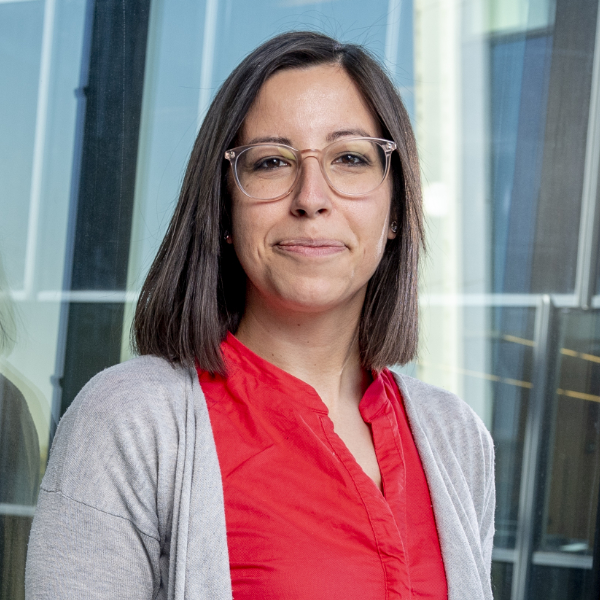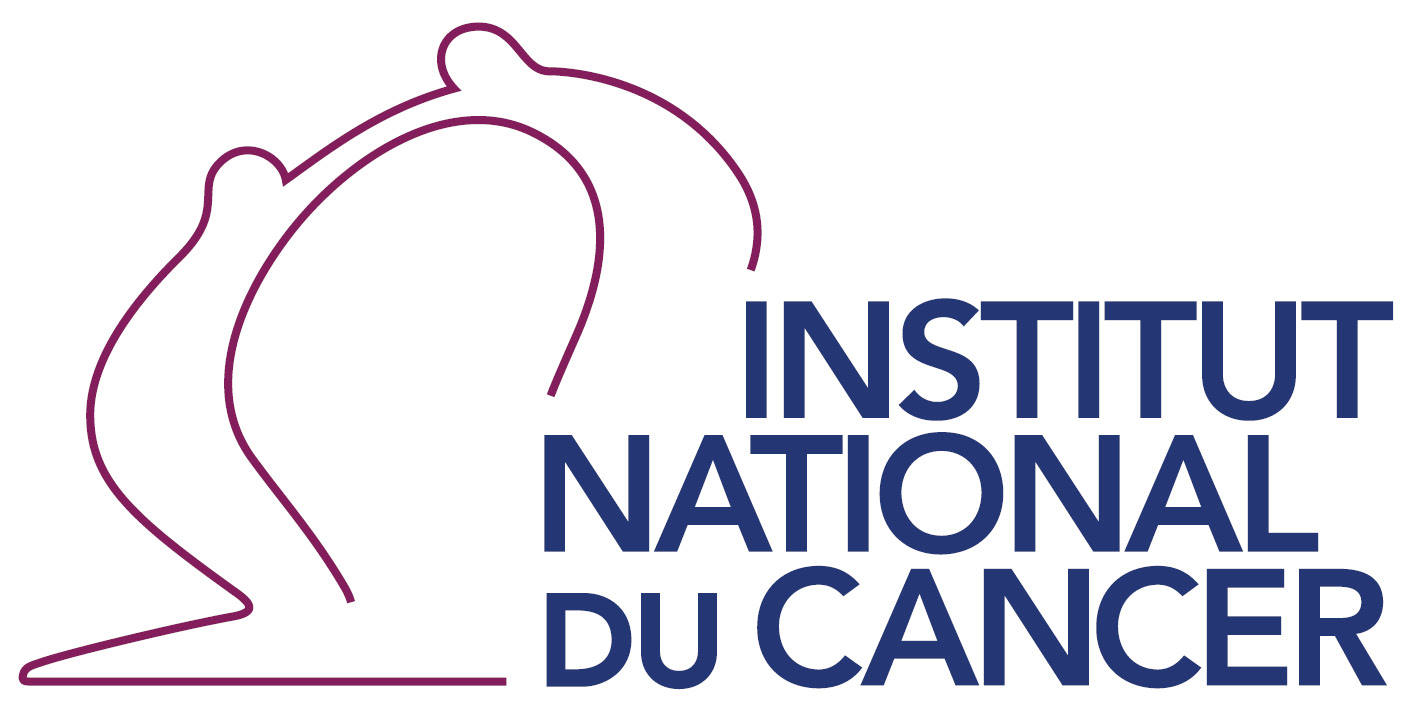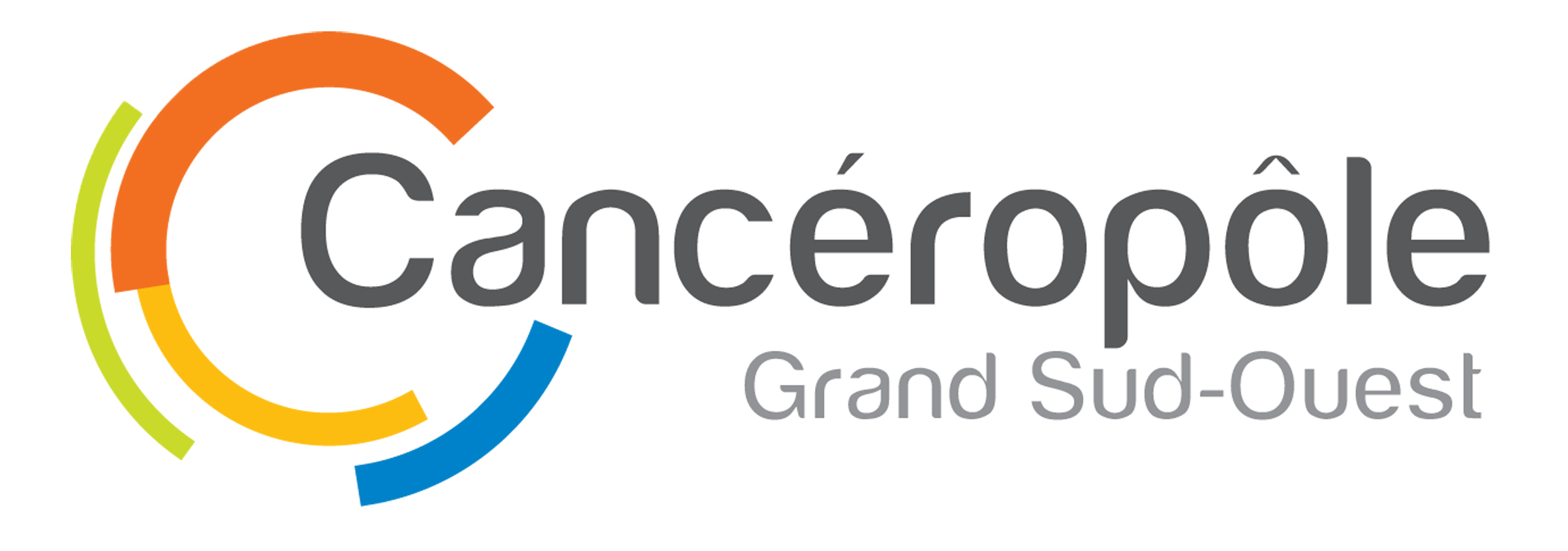TEAM
CARINE JOFFRE / MARGHERITA GHISI
ADAPTAML :
Non-genetic adaptive mechanisms and
therapy resistance in acute myeloid leukemia
The Specifities
of our research axis
Acute myeloid leukemia is a highly aggressive and poor prognosis blood cancer that derives from the accumulation of genetic and epigenetic alterations in hematopoietic progenitor cells. Despite important advances in our understanding of this disease, the vast majority of patients experience disease relapse upon therapy and the 5-year survival rate is only 30%. A deeper mechanistic understanding of AML biology alongside the identification of new molecular and cellular vulnerabilities will be key in order to identify new therapeutic strategies and improve patient outcome.
For many years sequential genetic evolution has been considered as the primary cause of cancer onset and resistance to therapy. However, beside genetic alterations, there is a growing appreciation that non-genetic mechanisms of adaptation and plasticity involving a dynamic dialogue between cancer cells and their microenvironment play a key role both in the tumorigenic process and in the acquisition of resistance to anti-cancer therapies. While our understanding of these mechanisms is still very limited, this emerging field of research may hold the key to acquire a global and deeper understanding of AML biology and provide new tools to treat this cancer.
Propelled by this idea and by our common scientific interests, our research is focused on the non-genetic mechanisms that promote adaptive response and survival of AML cells. More specifically, our work explores the role of autophagy, quiescence and epigenetic/post-transcriptional regulation of gene expression in the context of leukemia progression, therapy resistance and relapse, taking into account the interplay between the leukemic blasts and their microenvironment.
To tackle these questions, we combine clinically relevant in vivo AML models, including patient- and cell line-derived human AML xenografts (PDXs and CLDXs) and transgenic mouse models, with various -omics approaches (bulk and single-cell RNA seq, ATACseq, iCLIP, proteomics, metabolomics) as well as functional genetic and pharmacologic screenings. We envision that our work will lay the groundwork for the rational design of more efficient therapies and improved clinical management for AML patients.
Acute Myeloid Leukemia,
Adaptation,
Hematopoiesis,
Resistance,
Autophagy,
RNA splicing,
microenvironment,
Stem cells,
Quiescence,
Epigenetics.
RESEARCH PROJECTS
Study of the regulation of quiescence and its role in the response to chemotherapy in AML
Clément Larrue
Epigenetic and RNA splicing regulation of gene expression in AML therapy resistance and relapse
Margherita Ghisi
Host autophagy contribution to hematopoiesis regulation in normal and pathological conditions
Laura Poillet
New functions of autophagy governing therapeutic adaptation in AML.
Carine Joffre
THE TEAM’S
FOCUS
Discover
Understand
Participate
SCIENTIFIC PRODUCTIONS
PUBLICATIONS 2025
PUBLICATIONS 2024
PUBLICATIONS 2023
PUBLICATIONS 2022
PUBLICATIONS 2021
PUBLICATIONS 2020
PUBLICATIONS 2019
PUBLICATIONS 2018
TEAM MEMBERS
TEAM MEMBERS
PARTERNSHIPS & FUNDING

Toulouse Cancer Research Center (Oncopole)
Toulouse - FR
Follow us on social network
Contact us
+33 5 82 74 15 75
Want to join
the CRCT team ?


